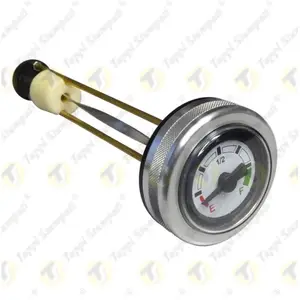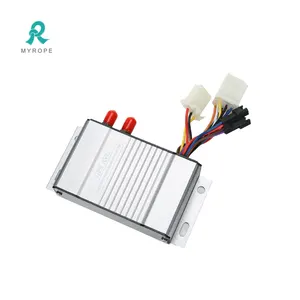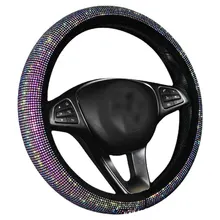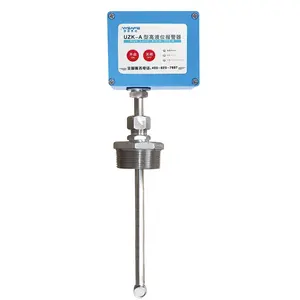Fuel Monitoring Systems: An Overview
Understanding the intricacies of fuel monitoring systems is crucial for a secure and efficient vehicular operation. These systems are integral in managing and reporting the consumption of fuel within various types of vehicles, offering a comprehensive solution for fuel management. The category encompasses a range of devices, from simple fuel oil tank gauges to sophisticated fuel tracking systems, designed to cater to diverse monitoring needs.
Types and Applications
Fuel monitoring technology varies, including oil tank level gauges and propane tank monitors. These devices serve multiple applications, from personal vehicle management to extensive fleet tracking in commercial settings. Specialized variants like the watchman oil tank monitor and the mopeka propane tank monitor are tailored for specific fuel types, enhancing the precision of fuel level monitoring.
Features of Fuel Monitoring Devices
Modern fuel monitoring devices boast features that go beyond mere level gauging. Many systems integrate wifi oil tank gauges for real-time monitoring and data transmission. The inclusion of remote propane tank monitors allows for distant checking, eliminating the need for physical inspections. Additionally, devices like the multirae gas monitor offer multi-faceted functionality, detecting various gas levels alongside fuel quantities.
Materials and Construction
The construction of fuel monitoring systems involves robust materials capable of withstanding harsh environmental conditions. Durability is paramount, as components like the heating oil tank gauge must operate reliably over time. Manufacturers prioritize materials that resist corrosion and provide consistent performance to ensure longevity and accuracy.
Advantages of Advanced Monitoring
The adoption of advanced fuel monitoring systems, such as those equipped with diesel engine monitoring capabilities, offers significant advantages. They provide critical data that can lead to improved fuel efficiency and cost savings. Furthermore, systems with fuel tracking devices enable route optimization and proactive maintenance, leading to enhanced operational efficiency.
Integration and Compatibility
Compatibility and ease of integration are key considerations for fuel monitoring systems. Many modern systems are designed to be compatible with existing vehicle diagnostics, allowing for seamless integration. The use of fuel tracking software can further streamline the process, offering a user-friendly interface for data analysis and management.






































 浙公网安备 33010002000092号
浙公网安备 33010002000092号 浙B2-20120091-4
浙B2-20120091-4